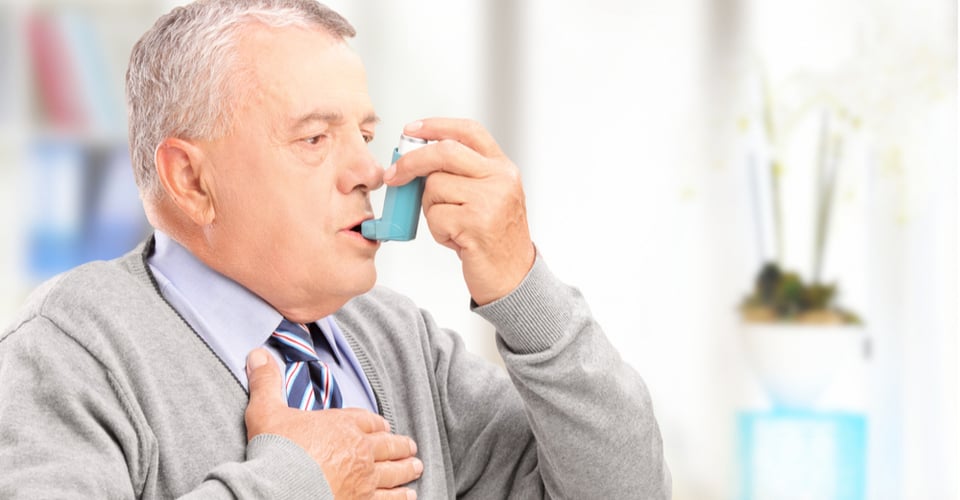According to the Asthma and Allergy Foundation of America (AAFA), May is peak season for people with asthma and allergies. With more than 65 million Americans affected by asthma and allergies, it’s likely you or someone you love is managing one or both of these conditions.
For National Asthma and Allergy Awareness Month, we’re providing a breakdown of each of these diseases, including how to respond during a medical emergency.
Asthma symptoms and response
Approximately 25 million Americans have asthma, a chronic disease that causes swelling of the airways and mucous production that can block the airway.
Mild or severe asthma attacks are often cause by allergens entering the lungs or by other triggers (e.g. odors, exercise, stress, smoke, pollution, respiratory infection, etc.).
An asthma attack can occur suddenly. So, it’s important to learn the signs and respond quickly to reduce the severity of the attack.
Signs of an asthma attack include:
-
Labored, rapid breathing
-
Coughing or wheezing
-
Shortness of breath
-
Chest tightness
-
Anxiety
-
Tripod position (rigid sitting position, leaning forward, supported on arms)
-
Bluish lips and fingers
-
Flared nostrils
If someone is having an asthma attack, help get them into a comfortable position (e.g. sitting up). Ask if the person has an inhaler and offer to help them use it.
If the inhaler doesn’t provide relief (or if one isn’t available), call 911 and try to keep the person calm and still until help arrives.
Allergies overview
An allergy is an overreaction of your body’s immune system to something that doesn’t typically cause an issue for other people. Common allergens include bee sting venom, nuts, eggs, shellfish, dairy products, certain drugs and latex. But there are many other types of allergens.
Allergies are one of the most common chronic diseases, affecting approximately 30% of adults and 40% of children in the U.S.
The most common allergy symptoms are mild and uncomfortable (e.g. watery eyes, runny nose, etc.). However, a severe allergic reaction can quickly become life-threatening.
Signs of a severe allergic reaction include:
-
Hives or rash
-
Sneezing or congestion
-
Tightness in the chest and throat
-
Dizziness or confusion
-
Swelling in the face, throat or tongue
-
Difficulty breathing
-
Nausea, vomiting or diarrhea
If you recognize the signs of a severe allergic reaction, call 911 and reassure the person that help is on the way.
People with known severe allergies may carry an epinephrine auto-injector to combat the allergic reaction. If this is the case, help the person use their epinephrine auto-injector (if allowed by state and local regulations). A repeat dose may be given if signs persist and EMS won’t arrive for five to 10 minutes.
Don’t leave the person alone. Instead, monitor their response and breathing and watch for signs of shock.
Get trained for these types of emergencies
CPR, AED and First Aid training can prepare you to respond during an asthma or allergy related emergency. You’ll also learn about many other first aid topics, including how to respond to a stroke, seizure, diabetic emergency and much more.
The knowledge and skills you’ll learn in a few short hours could save a life. Contact a local HSI Training Center to learn these necessary lifesaving skills!







.png?width=600&name=HSI-CTA-EmergencyCareTraining%20(1).png)











Comments